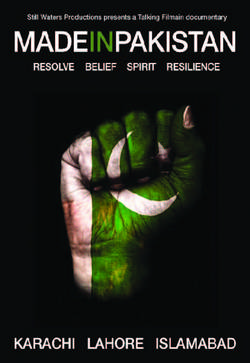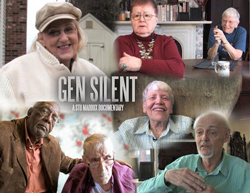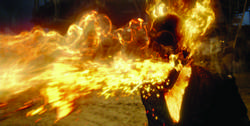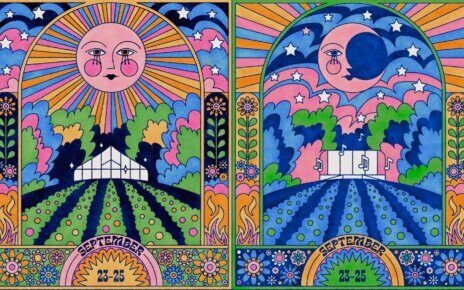According to Newsweek, Pakistan is one of the most dangerous nations in the world. Many people are, understandably, offended by this remark, such as Ayesha Khan, executive producer of Made in Pakistan.
The documentary, which was screened for audiences on February 21 in Pollak Theatre, was the second feature in this year’s Provost Film series and part of the Caravanserai cultural program. This year’s films share the theme of Muslim culture, with an emphasis on women.
For Khan, a driving force and motivation in making the documentary was showing the world that Pakistan is not a dangerous place to live in, and in many ways, is much like the United States of America.
Dr. Thomas Pearson, Provost and Vice President for Academic Affairs, thought that the film “shattered our perception of there being a Pakistani culture.”
Made in Pakistan shows the lives of four working class citizens in the city of Lahore. These four people aren’t very different from Americans in regard to living a good life and doing things such as paying bills.
Tara Mahood is a public relations worker in the fashion business. Rabia Aamir is an editor for the Fourth Article, a magazine that is trying to both entertain and inform. Mohsin Wartaich is an aspiring politician. His father is running for the presidency in Pakistan and wants to implement changes that will actually benefit the Pakistani people.
Yet, the person who really drew my attention was Waleed Khalid. He is a conservative and religious lawyer partaking in the boycott following Pervez Musharraf declaring a state of emergency in 2007 (this led to the suspension of the country’s constitution).
Waleed is probably the most down to earth of the four people in the documentary. His job is on the line, but he opts to instead partake in a peaceful boycott. It’s a logical way to try to solve the problem and ultimately things work his way.
The four lead characters are a good blend. While the two men are actually looking for a solution to the issue of the reelection, the two women are up-and-coming entrepreneurs who are supporting their families.
What really delivers the message that Pakistan is similar to America is the scenery involving Lahore. It’s one of the largest cities in Pakistan and looks surprisingly similar to a big U.S. city. They have prestigious schools, nightclubs, watch “The Simpsons,” and even took the day off when Michael Jackson passed away, according to Khan.
Batool Samdani, a visitor from Lahore, thought that the tour of Lahore was very realistic. Meanwhile Karen Leoncavallo, who was also attending the screening, said the movie was “very well done, and I’d like to know more.”
The camerawork is nice as well. With many scenes shot in bulk, it is easy to see that most were done in one shot, whether the director wanted them to or not.
One minor complaint I have is that I would like to see a spell check done to the subtitles. I only noticed a few typos here and there, but it was enough that it distracted me from what was happening in the scene.
Made in Pakistan comes to a close during the assassination of Benazir Bhutto during the reelection campaign. Despite the anarchy that erupted in the upcoming weeks, everyone managed to move on.
Because of the graphic nature shown during the closing 10 minutes, I would give this documentary an R rating. I would advise closing your eyes during the scenes involving actual news footage if you are disturbed by the sight of dead bodies.
Khan held a Q&A session after the movie, talking about what she thought the Pakistani government should do now that they are under a civilian rule. Additionally, it was interesting to hear what an actual Pakistan citizen had to say about this topic, since like the rest of the Pakistani people, we or America at least very rarely get to hear what they have to say.
Interestingly enough this was the first documentary to be released in Pakistan, according to Khan. Hopefully, we here in America will get to see more of this documentary at some point in the future. At only an hour of length, it shatters many stereotypes you might have about the Pakistani culture and people.
The next film in the Provost Film series will be Rachida on March 21 in Pollak Theatre.
PHOTO COURTESY of wacnh.org




